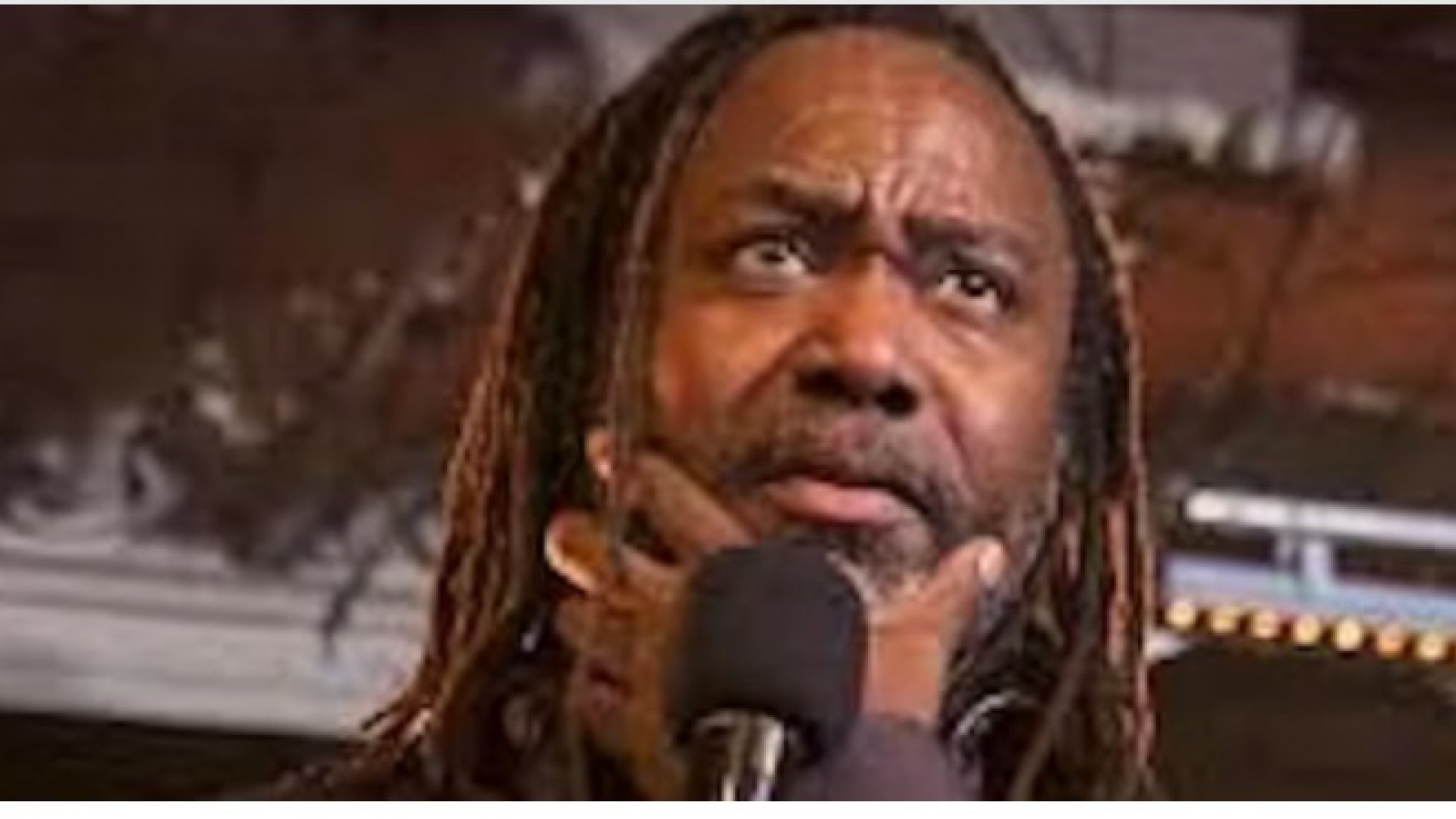“You Can’t Say Anything These Days…”

Submitted by Jack Milner on July 5, 2025
I was running a workshop with some clients last week and, as often happens over lunch, the conversation turned to comedy. Someone asked if I'd worked with any famous comedian, and then someone tossed out the classic line: “Well, you can’t say anything nowadays, can you?”
We didn’t dig into it right then-we had a session to get back to-but I’ve been thinking about it since. Especially because Reginald D. Hunter, one of the most brilliant and fearless comics working today, is currently being dragged through the courts for doing, well… comedy.
Here’s the thing: there’s never been a golden age where you could say whatever you liked. Every era has had its no-go zones. Go back 100 years and a joke about religion could get you arrested. A few centuries earlier? Hanged. Or burnt at the stake-true story, one of my own relatives was.
Even the supposedly “anything goes” 60s and 70s had its limits. Sure, people made racist, sexist jokes on primetime TV, but material challenging power, war, or religion? Nope – very difficult – ask Lenny Bruce. Much of what today’s comics say wouldn’t have been remotely acceptable then. And vice versa.
That brings me to my book-in-progress: Why So Serious? It’s about how humour can (and should) be used in business to make organisations more human, more effective, and frankly, more enjoyable. But also how to do it without ending up in hot water or an HR meeting.
Because the fear of saying the wrong thing is real. Just ask Reginald. Last year, he told a satirical joke critical of Israel, something he’d performed before, and some politically connected audience members kicked off. Since then, he’s been hounded online, sent vile abuse (including racist death threats), and is now facing a private prosecution by a lobby group for what amounts to doing his job.
It’s outrageous and dangerous. Because if someone like Reg can be hauled into court for a joke, what message does that send the rest of us?
Humour’s always been risky. But now, more than ever, we need it. We need people willing to speak. And we need to have their backs.



